Deep Planet
Saving water, boosting harvests

A team of Saïd Business School students has turned a climate emergency assignment into a flourishing AI business – that boosts wine production while saving water supplies.
The higher temperatures and unpredictable changes in weather patterns accompanying the climate emergency are causing severe water shortages across the globe. According to UNICEF, a third of the world's population is living in areas which suffer from severe water shortages for at least one month each year.
By 2025, UNICEF's scientists predict, half the world’s population will face water scarcity – and, by 2030, 700 million people could be displaced.
Conserving water supplies is clearly vital for saving communities around the world. It is a global problem and requires scientists and business to come together to devise new ways of helping people to use limited water reserves, as efficiently as possible.
How this should best be done was a question posed to students at the University of Oxford’s Saïd Business School, as part of a two year Executive MBA programme which ran during 2015 and 2017.
For one team of students, their answer was to lead them to form a ground-breaking business venture in 2018, within a few months of graduating. Their company, Deep Planet, uses satellite imagery and sophisticated AI tools to measure soil moisture levels, so winegrowers can conserve water by irrigating vineyards only when necessary.
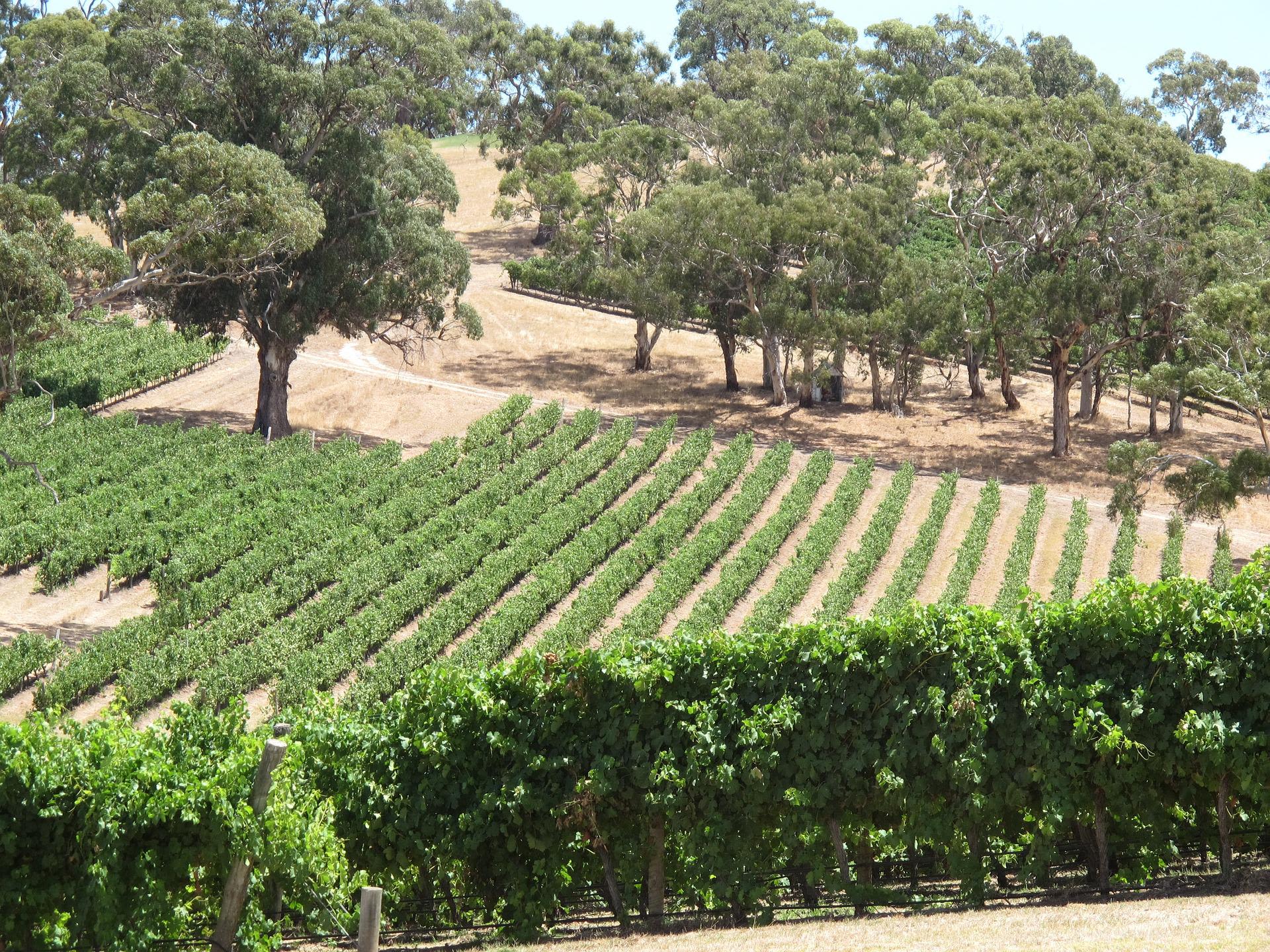
Saving water, boosting quality
When the Deep Planet co-founders left the Saïd Business School towards the end of 2017, its CTO Natalia Efremova reveals they were originally thinking of agriculture in its widest sense. However, the combination of a mentoring scheme at the School, run by the Creative Destruction Lab (CDL), and a year on the University’s accelerator programme at the Oxford Foundry, prompted the business to focus.
'We started with water and agriculture, and that led us to vineyards which require irrigation. We focused on Australia, because it has a shortage of water, so the less they can use the better,' Natalia explains.
'We use input from soil moisture sensors, but these are very sparse and only provide very rough estimates of what needs to be watered. So, we combine the sensors with satellite imagery and use AI to build 3D maps in layers, going down to one and a half metres below the surface.'
By using both satellite and on-the-ground sensor data, the Deep Planet technology is able to determine moisture levels on and below the surface. This helps winegrowers avoid the temptation to water because the surface is dry – when, in fact, there is sufficient moisture around the roots of the vines.
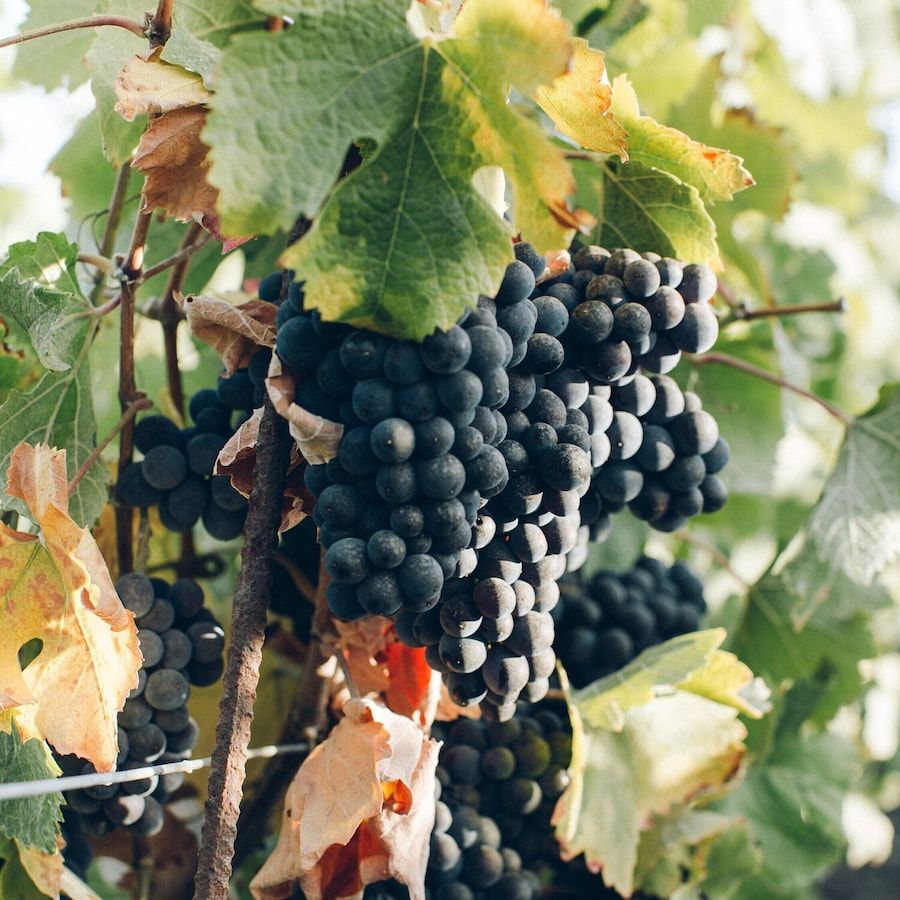
The satellite imagery can also be interpreted by Deep Planet's AI technology to determine the health of vines and, crucially, the optimal time to harvest grapes. So, vineyards can consistently produce high-quality yields.
Deep Planet co-founder and COO, Sushma Shankar, says a common problem for winegrowers is having to make a call on when to pick many fields of grapes, based on a small sample. Satellite imagery and AI can help by monitoring the crop to determine the all-important sugar levels, so that growers can pick from specific fields at the optimum time.
'Winemakers ask for a certain sugar level to be reached, to ensure a consistent quality of grapes to make the best quality of wine possible,' Sushma says.
'If quality is inconsistent, a large proportion of the wine produced has to be thrown out, because it doesn’t have the right sugar acid level, or they have to downgrade the quality of wine.'
'We can make an impact – by adding from between 50 cents up to $20 per bottle, depending on the wine. For a premium producer, there is a significant difference between a $40 and a $60 bottle of wine.'
Deep Planet’s technology can also predict when to harvest, and how much yield a grower can expect. This alleviates the problem of vineyards ordering too many trucks, which can sit idle if yields are too low, or ordering too few, leading to logistical problems.







Saving water, boosting quality
When the Deep Planet co-founders left the Saïd Business School towards the end of 2017, CTO Natalia Efremova, reveals they were originally thinking of agriculture in its widest sense. However, the combination of a mentoring scheme at the School, run by the Creative Destruction Lab (CDL), and a year on the University's accelerator programme at the Oxford Foundry, prompted the business to focus.
'We started with water and agriculture and that led us to vineyards which require irrigation. We focused on Australia, because it has a shortage of water, so the less they can use the better,' she explains.
'We use input from soil moisture sensors, but these are very sparse and only provide very rough estimates of what needs to be watered. So, we combine the sensors with satellite imagery and use AI to build 3D maps in layers, going down to one and a half metres below the surface.'

By using both satellite and on-the-ground sensor data, the Deep Planet technology is able to determine moisture levels on and below the surface. This helps winegrowers avoid the temptation to water because the surface is dry – when, in fact, there is sufficient moisture around the roots of the vines.
The satellite imagery can also be interpreted by Deep Planet’s AI technology, to determine the health of vines and, crucially, the optimal time to harvest grapes, so vineyards can consistently produce high-quality yields.
Deep Planet co-founder and COO, Sushma Shankar, says a common problem for winegrowers is they have to decide when to pick many fields of grapes based on a small sample. Satellite imagery and AI can help by monitoring the crop, to determine the all-important sugar levels, so growers can pick from specific fields at the optimum time.

'Winemakers ask for a certain sugar level to be reached, to ensure a consistent quality of grapes, to make the best quality of wine possible,' she says.
'If quality is inconsistent, a large proportion of the wine produced has to be thrown out, because it doesn’t have the right sugar acid level, or they have to downgrade the quality of wine.'
'We can make an impact by adding from between 50 cents up to $20 per bottle, depending on the wine. For a premium producer, there is a significant difference between a $40 and a $60 bottle of wine.'
Deep Planet’s technology can also predict when to harvest, and how much yield a grower can expect. This alleviates the problem of vineyards ordering too many trucks, which can sit idle if yields are too low, or ordering too few, leading to logistical problems.
Focusing the idea
Deep Planet took advice from tutors at the Saïd Business School to apply for European Space Agency (ESA) grants. The first £500k of funding saw the business set up and headquartered at Harwell Innovation Centre’s space cluster, just south of Oxford. The company raised a further pre-seed round of investment from venture capitalists and angel investors.
The founders credit the next stage of the company’s evolution, which saw it narrow its focus from agriculture to wine making, to a mentoring programme at the Saïd Business School run by the Creative Destruction Lab (CDL).
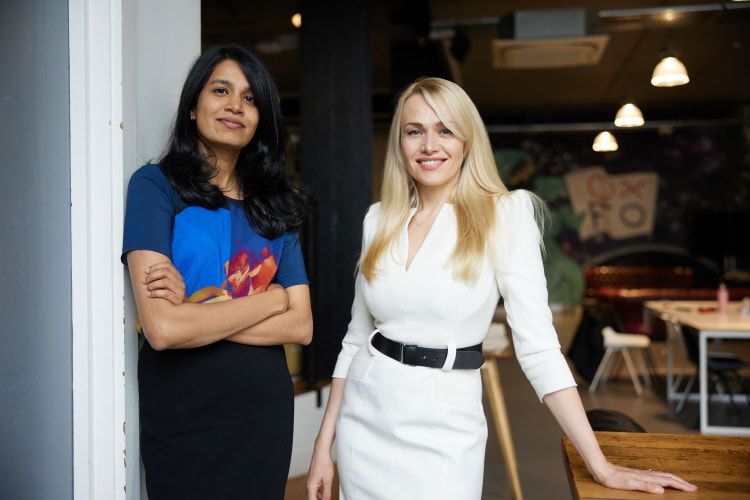
Co-founders Sushma Sankar and Natalia Efremova
Sushma Sankar and Natalia Efremova
The CDL is a not-for-profit organisation, that helps ventures from across the UK grow through free advice. This comes from mentors who offer their time to help new entrepreneurs set business goals throughout the nine-month programme.
It is an exacting process. More than 1,000 will typically apply for just 20 spaces on four streams. Of the 80 who make it through, fewer than half will be able to convince a mentor to offer them time, so will leave the programme.
CDL’s UK Director, Sarah Barratt Ball, says Deep Planet stood out for the co-founders' dedication, not only listening to advice, but acting on the three tasks set by their mentor.
'The first recommendation was, looking at different directions would be a distraction for a small team, and they should be hyper-focused on wine growing,' she says.
'The second piece of advice was, they should narrow their focus to Australia. The third suggestion was, they should sign up more customers.'
'Before the programme finished, they had signed the world's second largest wine producer – with 1,000 hectares to monitor. They were a very impressive team.'
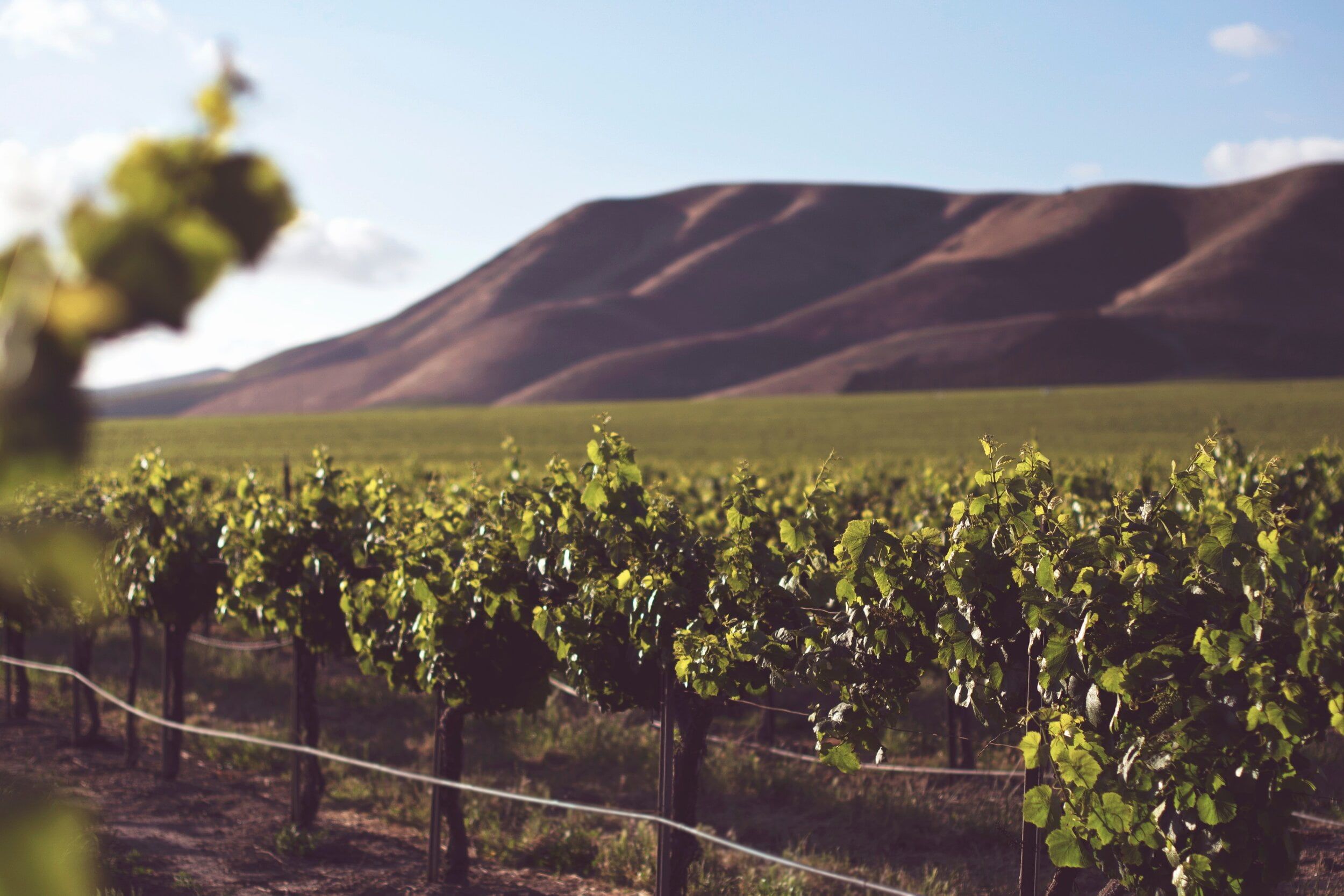
The CDL mentoring scheme runs across 11 sites globally. Sarah Barratt Ball says the University of Oxford was chosen because it allows the organisation to combine a great range of academic and business advice.
The scheme is not limited to businesses, academics, investors and mentors in the city. But it is able to tap into a thriving innovation ecosystem – world-renowned for supporting start-ups and scale-ups.
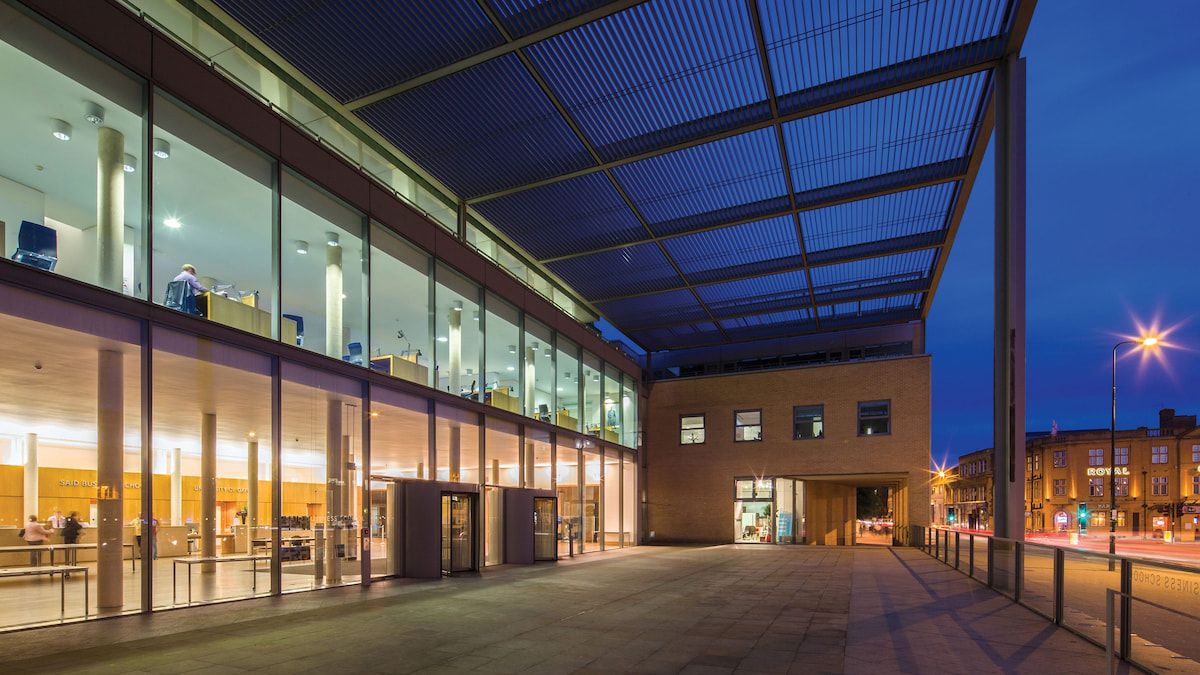
'Being based in Oxford, at the Saïd Business School, enables us to engage with scientists at the very highest level,' she says.
'The convening power of Oxford, and its business school, is incredibly helpful for forming partnerships and fundraising. We have a 25-year old business school, embedded within an 800-year-old institution. So it gives us academia "plus", and it's that "plus" for our students that CDL delivers, by being embedded within the broader University.'
Helped by the Oxford ecosystem
The Deep Planet team believes the CDL process was instrumental to the development of their business strategy. But they also give credit to an accelerator programme, run by the Oxford Foundry, now part of the Saïd Business School. It helped the founders finesse their plan into a proposition investors were willing to back.
'After our initial grants from ESA we spent a year on the Oxford Foundry Elevate programme,' says Sushma Shankar. 'It was incredibly helpful for us to get our proposition built, to take us from a pilot stage, to a point where we were investment-ready.'
In fact, the founders believe, the combination of support they received while setting up and focusing on the business has been invaluable.
'The Oxford ecosystem was extremely helpful in multiple ways,' says Natalia Efremova.
'We had access to great mentors at the Saïd Business School and the Creative Destruction Lab, as well as from the Oxford Foundry’s accelerator programme. We also had access to great facilities, with the ESA Business Incubator Centre at Harwell Campus. This would simply not be possible anywhere else.'
'There are multiple events and opportunities to speak in Oxford, such as at the Saïd Business School, colleges and other departments, which provide further access to mentors and professors.'
'The city also provides very good access to talent. Many of our employees are Oxford graduates. Some came to us as interns, some we found through career fairs, others we met at events and conferences.'
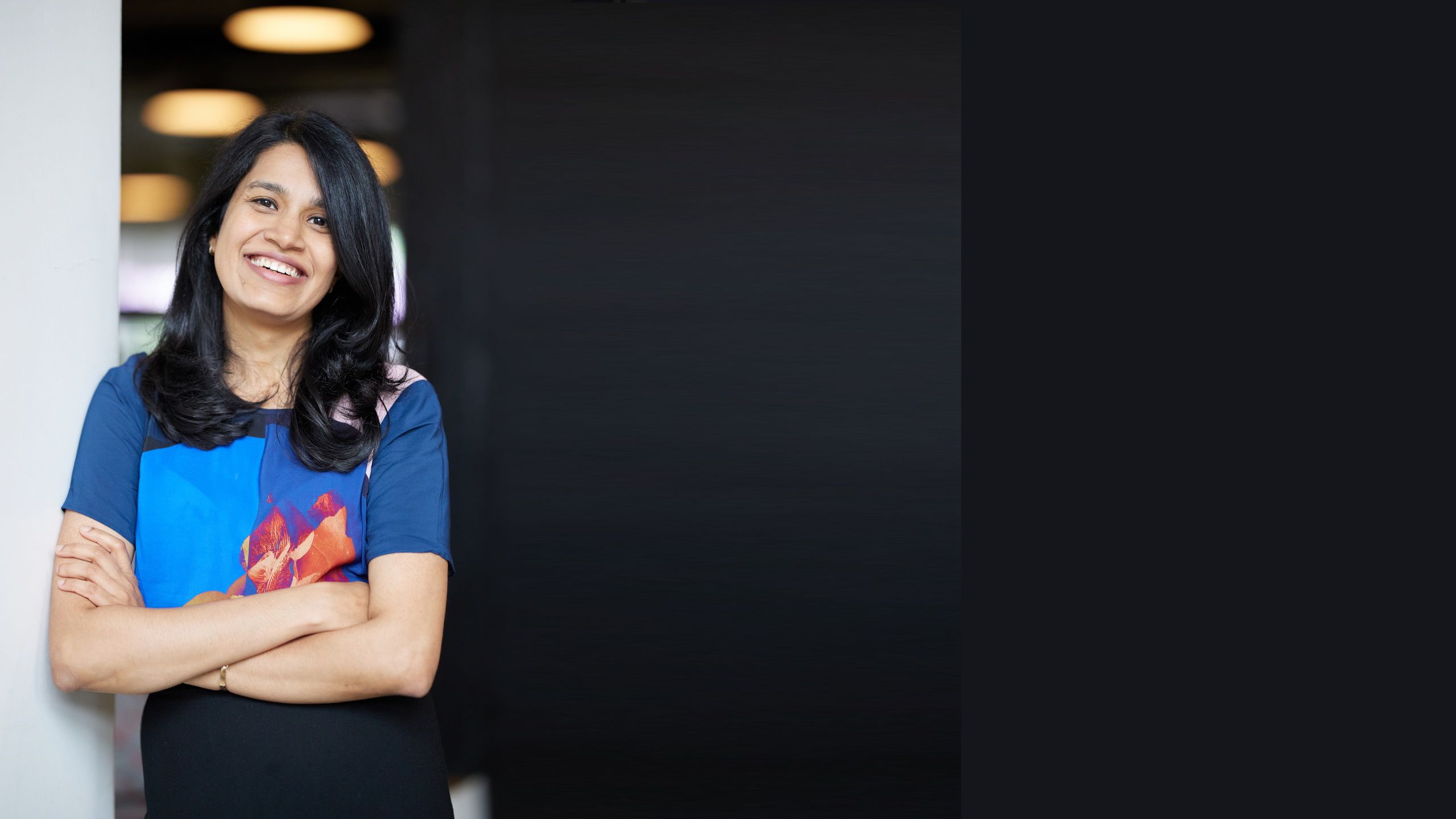

Helped by the Oxford ecosystem
The Deep Planet team believes the CDL process was instrumental to developing their business strategy, and they give credit to an accelerator programme, run by the Oxford Foundry, now part of the Saïd Business School. It helped finesse their plan into a proposition investors were willing to back.
'After our initial grants from ESA, we spent a year on the Oxford Foundry Elevate programme,' says Sushma Shankar. 'It was incredibly helpful for us to get our proposition built, to take us from a pilot stage, to a point where we were investment-ready.'

In fact, the founders believe, the combination of support they received while setting up and focusing on the business has been invaluable.
‘The Oxford ecosystem was extremely helpful in multiple ways’ says Natalia Efremova.
‘We had access to great mentors at the Saïd Business School and the Creative Destruction Lab, as well as from the Oxford Foundry’s accelerator programme. We also had access to great facilities, with the ESA Business Incubator Centre at Harwell Campus. This would simply not be possible anywhere else.
‘There are also multiple events and opportunities to speak in Oxford, such as at the Saïd Business School, colleges and other departments, which provide further access to mentors and professors.'
‘The city also provides very good access to talent. Many of our employees are Oxford graduates. Some came to us as interns, some we found through career fairs, others we met at events and conferences.’

By its focus on climate emergency problems, the Deep Planet start-up caught the eye of Professor Chas Bountra, Pro-Vice-Chancellor for Innovation at the University of Oxford. For him, the fact we are now seeing record temperatures, wild fires and flooding across the globe, means it is the time to act.
He believes the University and the city’s ecosystem are poised to play a major role in this battle to save the planet, because they offer a combination of the brightest people, with the best mentors and business minds, to turn research into impact.
'I used to think we've got a couple of decades to sort out the climate emergency, but it's on us now,' he says. 'It’s a problem that's ten times the size of any health care problems I worry about because, if the planet is not fit for living, we're all doomed.
‘As a planet, as a society, we are facing some major challenges. To tackle those challenges, we need not just great researchers, but great leaders. We need great innovators, and we need great entrepreneurs. And now, fortunately, in Oxford, we've got all of those.’
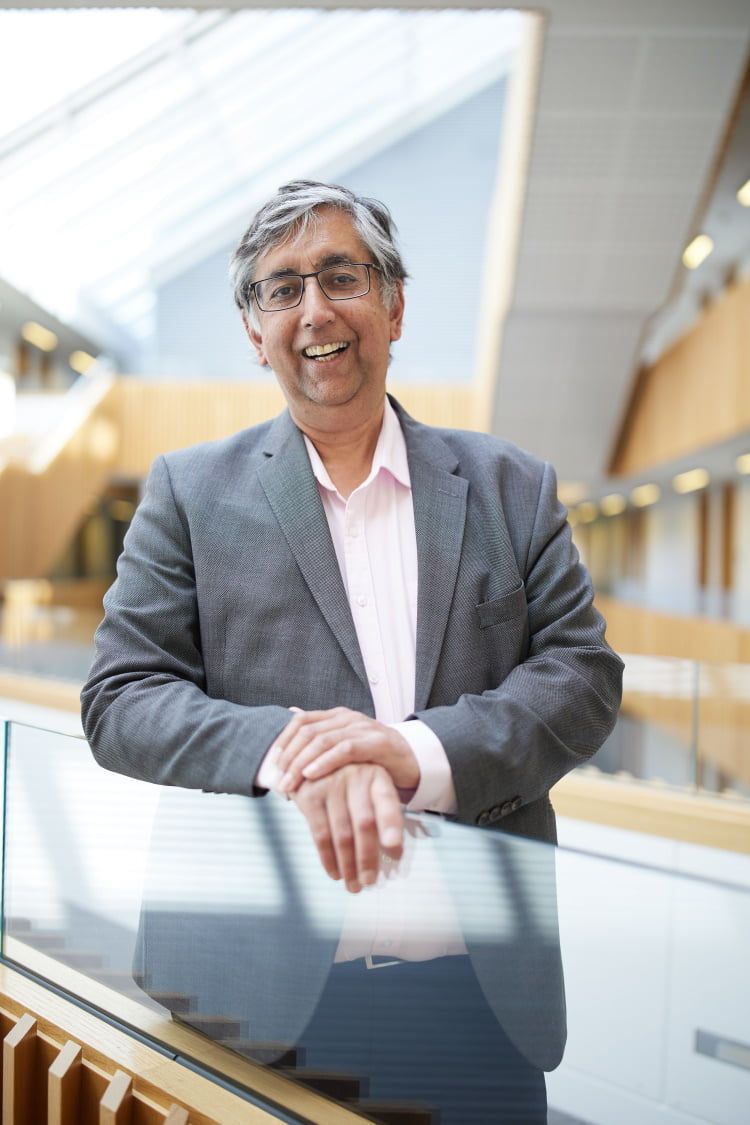
By its focus on climate emergency problems, the Deep Planet start-up caught the eye of Professor Chas Bountra, Pro-Vice-Chancellor for Innovation at the University of Oxford. For him, the fact we are now seeing record temperatures, wild fires and flooding across the globe means it is time to act.

He believes the University and the city’s ecosystem are poised to play a major role in this battle to save the planet, because they offer a combination of the brightest people, with the best mentors and business minds to turn research into impact.
‘I used to think we've got a couple of decades to sort out the climate emergency, but it's on us now,’ he says. ‘It’s a problem that's ten times the size of any health care problems I worry about because, if the planet is not fit for living, we're all doomed.
‘As a planet, as a society, we are facing some major challenges. To tackle those challenges, we need not just great researchers, but we need great leaders. We need great innovators, and we need great entrepreneurs. And now, fortunately, in Oxford, we've got all of those.’
Deep Planet is certainly well poised to play its role in tackling the water shortages impacting agriculture. The company has expanded beyond its first customers in Australia to reach new winegrowers in Europe, the United States and Latin America. Within just four years of launch, its service now covers 50,000 hectares.
The company is clearly helping winegrowers respond to the global climate emergency, by conserving water supplies. But it brings financial benefits as well.
The team has calculated, in addition to saving on irrigation costs, by improving the quality and consistency of harvests, and delivering more efficient logistics, winegrowers can reap a $3m cost reduction each year on a 1,000 hectare vineyard.
It is a financial impact they hope will encourage more producers to use the technology and, in so doing, help the world use its limited water resources more efficiently.
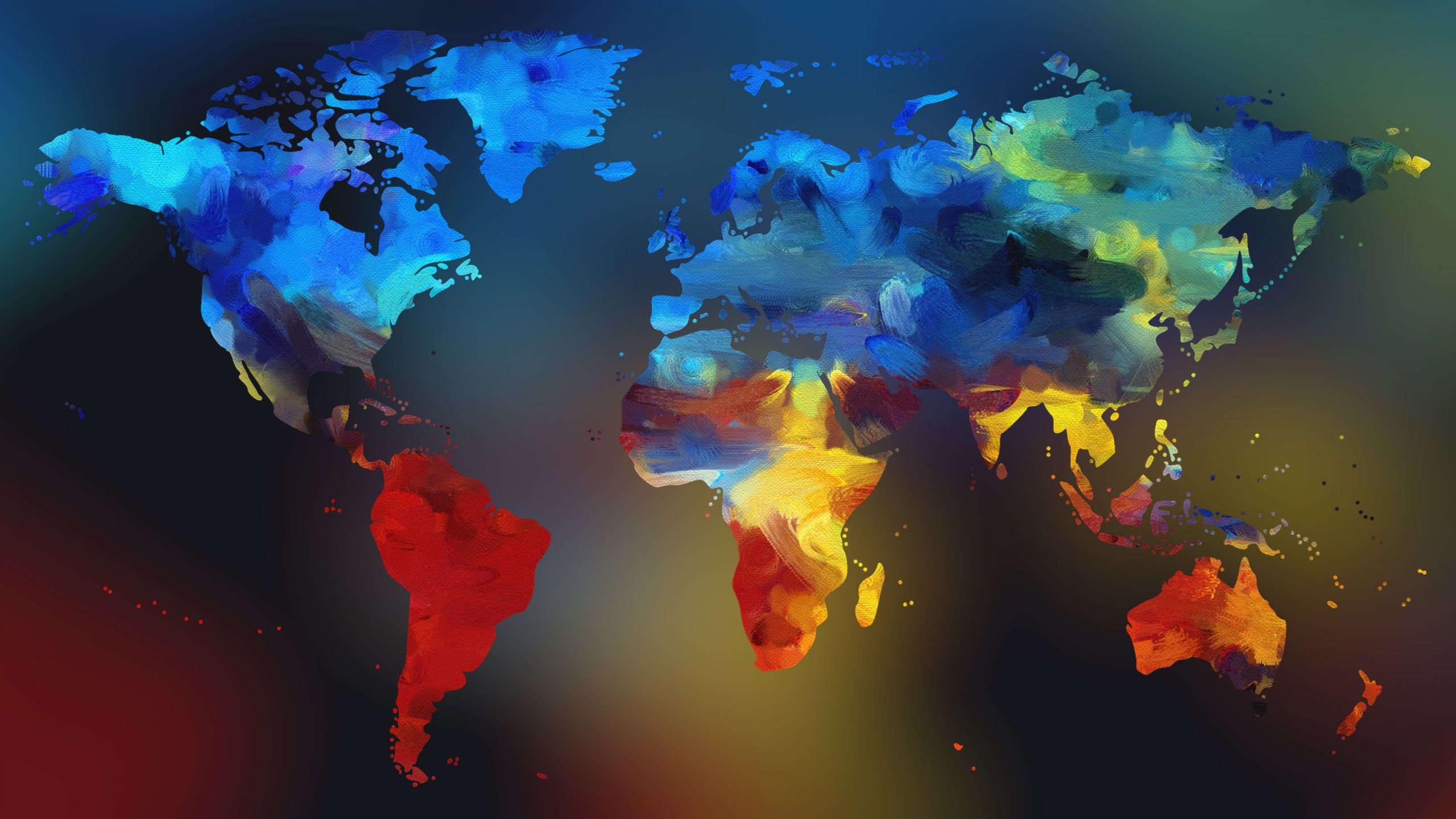
Inspired by our innovators?
Get in touch with collaboration@admin.ox.ac.uk or visit https://www.ox.ac.uk/research/engage-with-us to see how we could help you make a difference.


